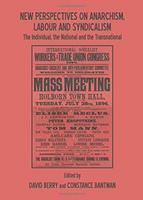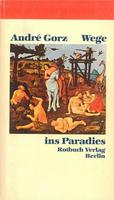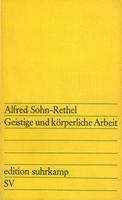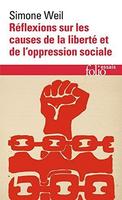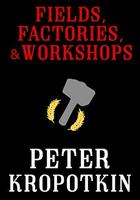Subject

photo credits: Wikimedia Commons
Work or labour (or labor in American English) is the intentional activity people perform to support the needs and wants of themselves, others, or a wider community. In the context of economics, work can be viewed as the human activity that contributes (along with other factors of production) towards the goods and services within an economy.Work is fundamental to all societies, but can vary widely within and between them, from gathering natural resources by hand to operating complex technologies that substitute for physical or even mental effort by many human beings. All but the simplest tasks also require specific skills, equipment or tools, and other resources (such as material for manufacturing goods). Cultures and individuals across history have expressed a wide range of attitudes towards work. Outside of any specific process or industry, humanity has developed a variety of institutions for situating work in society. As humans are diurnal, they work mainly during the day.Besides objective differences, one culture may organize or attach social status to work roles differently from another. Throughout history, work has been intimately connected with other aspects of society and politics, such as power, class, tradition, rights, and privileges. Accordingly, the division of labour is a prominent topic across the social sciences as both an abstract concept and a characteristic of individual cultures.Some people have also engaged in critique of work and expressed a wish to abolish it. For example, Paul Lafargue in his book The Right to Be Lazy.Related terms include occupation and job; related concepts are job title and profession. Source: Wikipedia (en)
Works about work 46
-
Med tvål, vatten och flit. Hälsofrämjande renlighet som ideal och praktik, ca 1870–1930
-
Immigrant Labor and the New Precariat
Atlas of work
-
On Gender, Labor, and Inequality
L'horreur managériale : gérer, instrumentaliser, détruire
New Perspectives on Anarchism, Labour and Syndicalism: The Individual, the National and the Transnational
-
Maths at work
Notes from the class struggle
Bürger, ohne Arbeit
Die Wurzel der Herrschaft
Hauptsache Arbeit?!
Manifest gegen die Arbeit
Pour en finir avec le travail salarié
-
Living at work
-
Land and labour in Mijikenda agriculture, Kenya, 1850-1985
Stell dir vor, es gibt Arbeit für alle, und keiner geht hin
L'enfant au travail
Arbeit, Sprache, Freiheit: Essays und Interviews zur libertären Transformation der Gesellschaft
Paths to Paradise: On the Liberation from Work
Ouvriers et Robots
Et guerre au travail
ntellectual and Manual Labour: A Critique of Epistemology
Aliénation et société industrielle
Reflections on the Causes of Freedom and Social Oppression
La condition ouvrière
A bas le travail !
-
Travail
Fields, Factories, and Workshops
The Right to be Lazy
Arbeit fair teilen
Economie de la misère
Refuser de parvenir
Works based on work 1
Subject - wd:Q268378


